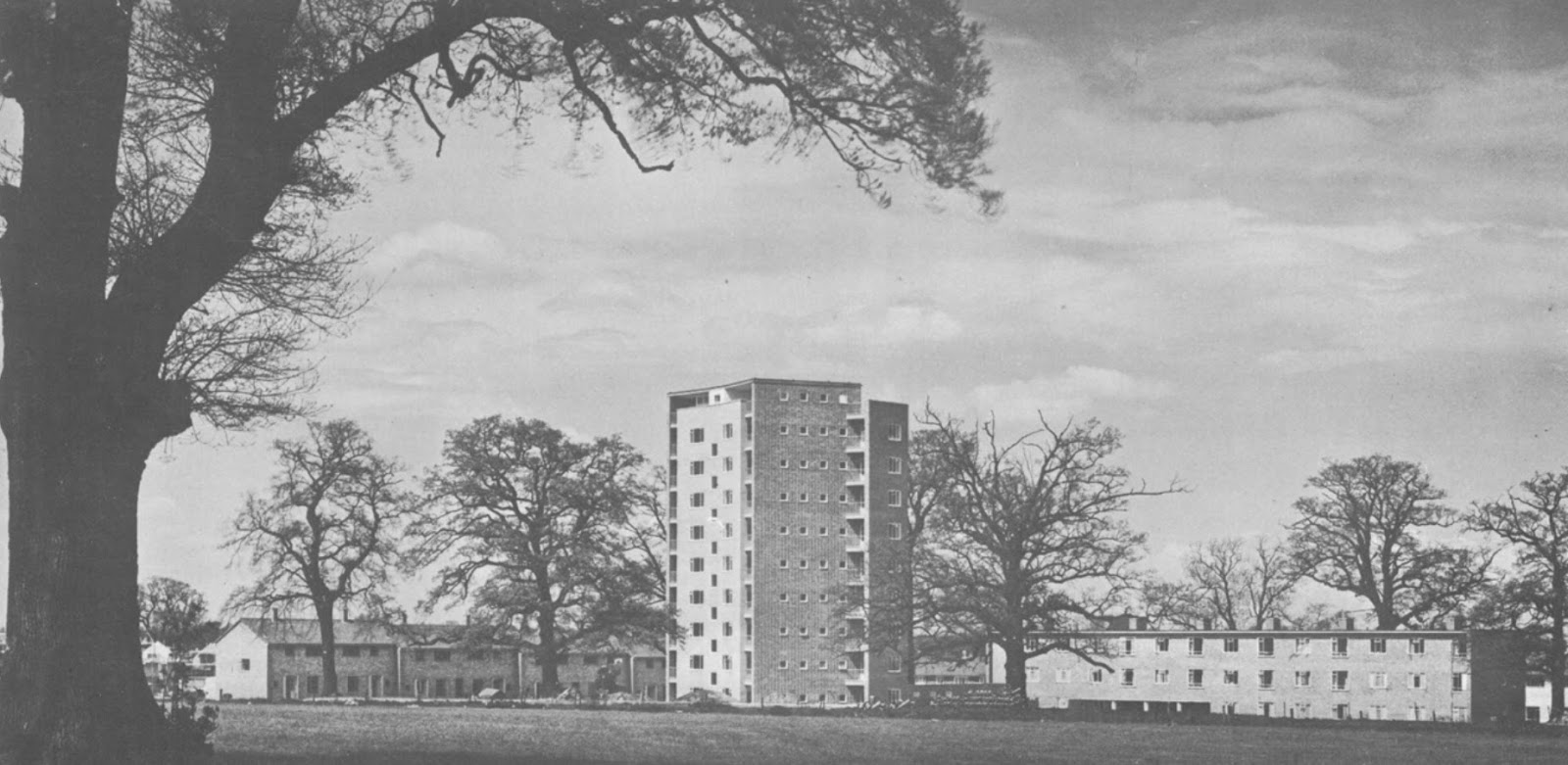“In my understanding,” argues the founder of Forensic Architecture Eyal Weizman, “truth is something that is like a common resource”. “The truth is just like air or water,” continues Weizman, “something that we all need in order to understand, that provides evidence for civil society groups that are confronting state crimes and human rights violations worldwide.” In this brief yet eloquent interview, that accompanies Forensic Architecture’s short listed entry to the 2018 Turner Prize, we gain some fascinating insights into this radical interdisciplinary research programme that Weizman initiated at Goldsmiths over a decade ago. This remarkable body of work brings questions of epistemology and politics into dialogue as part of an unsettling of the human subject within architecture, art history, and related fields.
The work of Weizman and his colleagues provokes a series of critical questions that offer an important alternative to the recent emphasis on neo-vitalist or object-oriented ontologies:
i) An enriched reconceptualization of the human subject can transcend the limitations of humanism as well as the flattening and undifferentiated dimensions to some post-humanist perspectives.
ii) The conceptualization of buildings and also plants as evidentiary markers or sentinels could surely be extended to other organisms such as insects because of their extremely precise responses to environmental change. There is in this sense an interesting parallel with the emergence of “forensic entomology” and the use of biological data in criminal investigations.
iii) The radical use of technological tools, and the democratization of digital cartographies and other modes of representation, opens up new possibilities for articulating technologically enhanced forms of citizenship.
iv) The idea of truth as a collaborative synthesis derived from multiple perspectives, whose modes of scrutiny or validation are transparent, is a welcome foil to more cynical, nihilistic, or post-truth formulations. There is an emphasis on the accountability of science rather than its degree of fallibility or infallibility.


